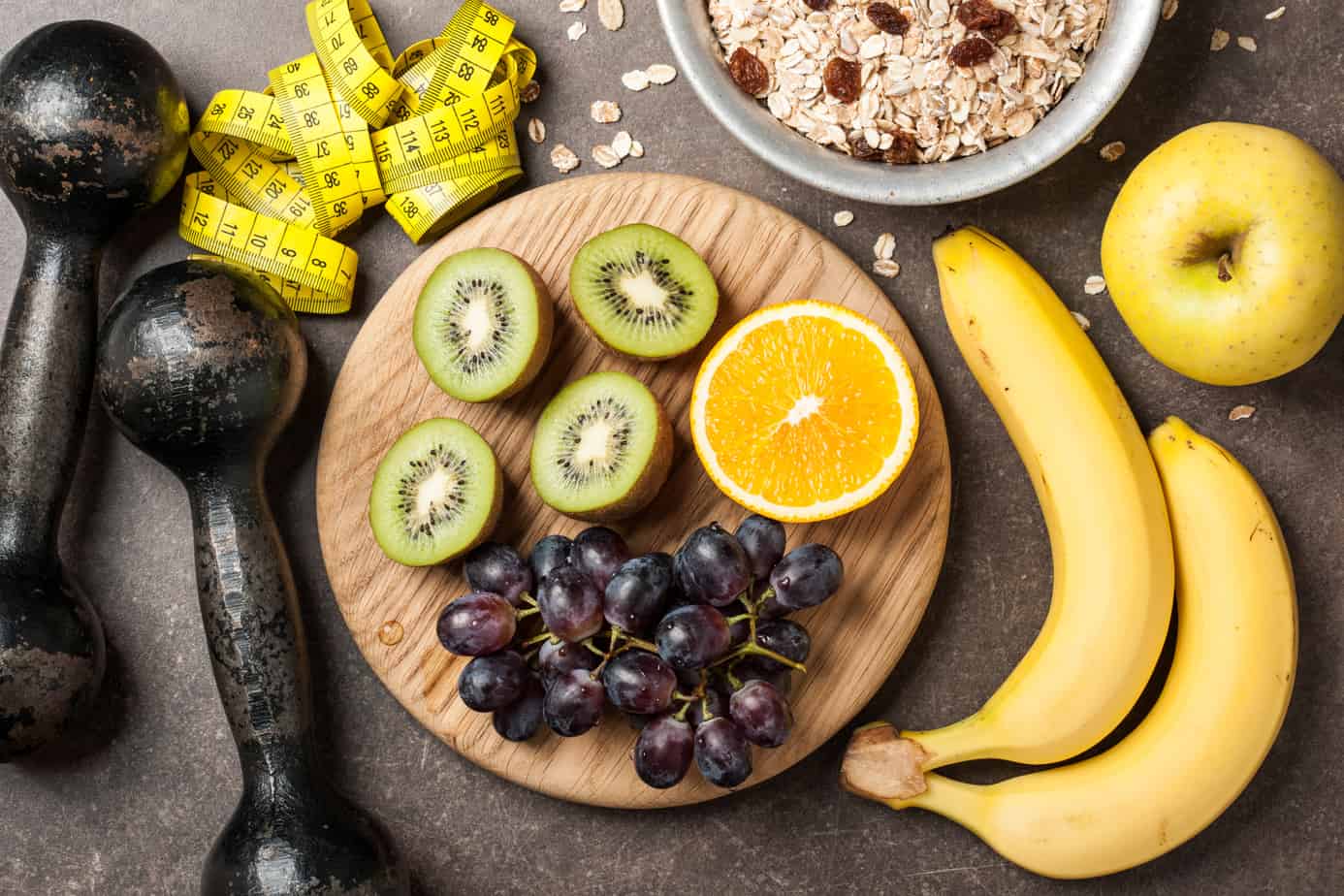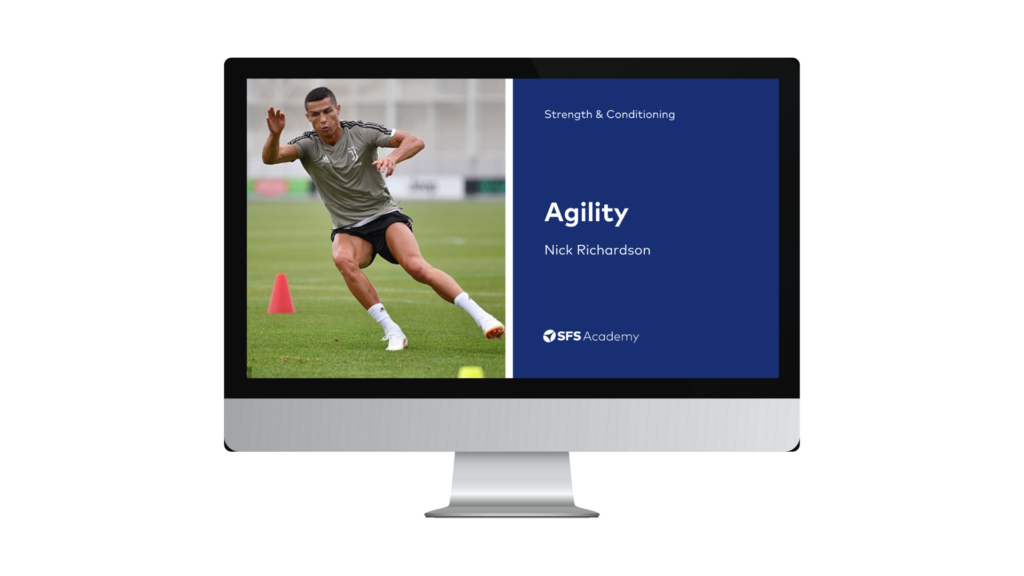What do pro athletes really eat? Why nutrition is vital at all levels of sport
It’s easy to assume that all of the top pros have everything down to a tee. But in episode 66 of the Science for Sport Podcast, Dr Tom Little reveals that’s not always the case.
Nutrition: Even elite athletes get it wrong sometimes
Have you ever wondered what pro footballers really eat? In today’s world of data-driven precision performance, it’s easy to assume that all of the top pros have everything down to a tee. But in episode 66 of the Science for Sport Podcast, Dr Tom Little, Sport Performance Specialist at Preston North End Football Club, was asked whether this was really the case.
Little — who has more than 20 years of experience in professional sport, with a number of those in the English Premier League — provided a host of fantastic practical advice in the podcast, but started by divulging some absolute shockers from pro players who have messed up their nutrition. These are golden examples of what NOT to eat! You’ll have to listen to find out exactly what they are though.

Carbohydrates, protein and fats: The 3,2,1 rule
The meat and potatoes of the podcast (pun intended) is on how you can improve your performance by calculating the right amount of macronutrients you need per day. Little likes to use a really simple 3,2,1 rule which basically states that you should take in 3g per kg of body weight of carbohydrates, 2g/kg protein and 1g/kg fats. This rule suits most people on most days, but on intensive exercise days, this may need to change.
Using the 3,2,1 rule means that for a 70kg athlete, you’re probably looking at 210g carbs, 140g protein, and 70g fat. However when you’re doing a lot of exercise, the recommendations might be higher, especially for carbohydrates. Little goes on to explain that although some studies show up to 10g/kg of carbohydrates might improve performance, these studies are often done with cyclists who not only have different metabolic demands, but are also able to easily consume these extra carbs as a drink or a gel during their sport. In his experience, up to 5 or 6g/kg for footballers is more realistic when the exertion levels have been high.
Little also delved into the most important day of the week for many athletes – match day. When it comes to improving performance, this day is what it’s all about. Little revealed some juicy details as to what pro players are doing on match day. He explained that at the professional level, players will often eat at the club, which means dieticians and chefs can get their heads together to offer the players a carbohydrate-rich meal before the game. These meals might contain more calorie-dense foods, compared to rest days, which would have more of a balanced menu.
“Chefs are the most important personnel to have in your nutrition team – without a good chef you might as well feed them paper you’ve written the meal plan on,” Little said.
Post-workout recovery
After the game, recovery is of course essential, especially for athletes who play multiple times per week. Post-match recommendations from Little are as follows: some light finger food after the game, maybe some high-carbohydrate liquid or gels followed by a meal around 1-2 hours post-game.
Before bed is another chance to boost recovery overnight with a light meal: Little recommended 2.2g/kg body weight for carbohydrates, 0.5g/kg protein and low levels of fat for each of these sittings. Important to note here is that post-match fat recommendations are lower, as it can be pretty difficult to get the higher levels of carbs and protein which you need to refuel and recover. If you want to use these recommendations to fuel your performance, you end up eating a lot of food, which means players need to bring their A-game to the table as well as the pitch.
These great actionable recommendations are just a fraction of the podcast. Little also discussed the need for a different plan of attack when it comes to youth athletes, the importance of education (for both athletes and parents), and some easy food substitutions for even the pickiest of players. If you want to hear more on this, and of course hear about the worst meals Little has seen pro players eat, listen to the podcast now.
You can download the podcast on any of the big hosting services, including Apple podcasts and Spotify, or just use this link: https://scienceforsport.fireside.fm/66
Don’t forget to hit the subscribe button and if you love this episode, be sure to give us a review too!




